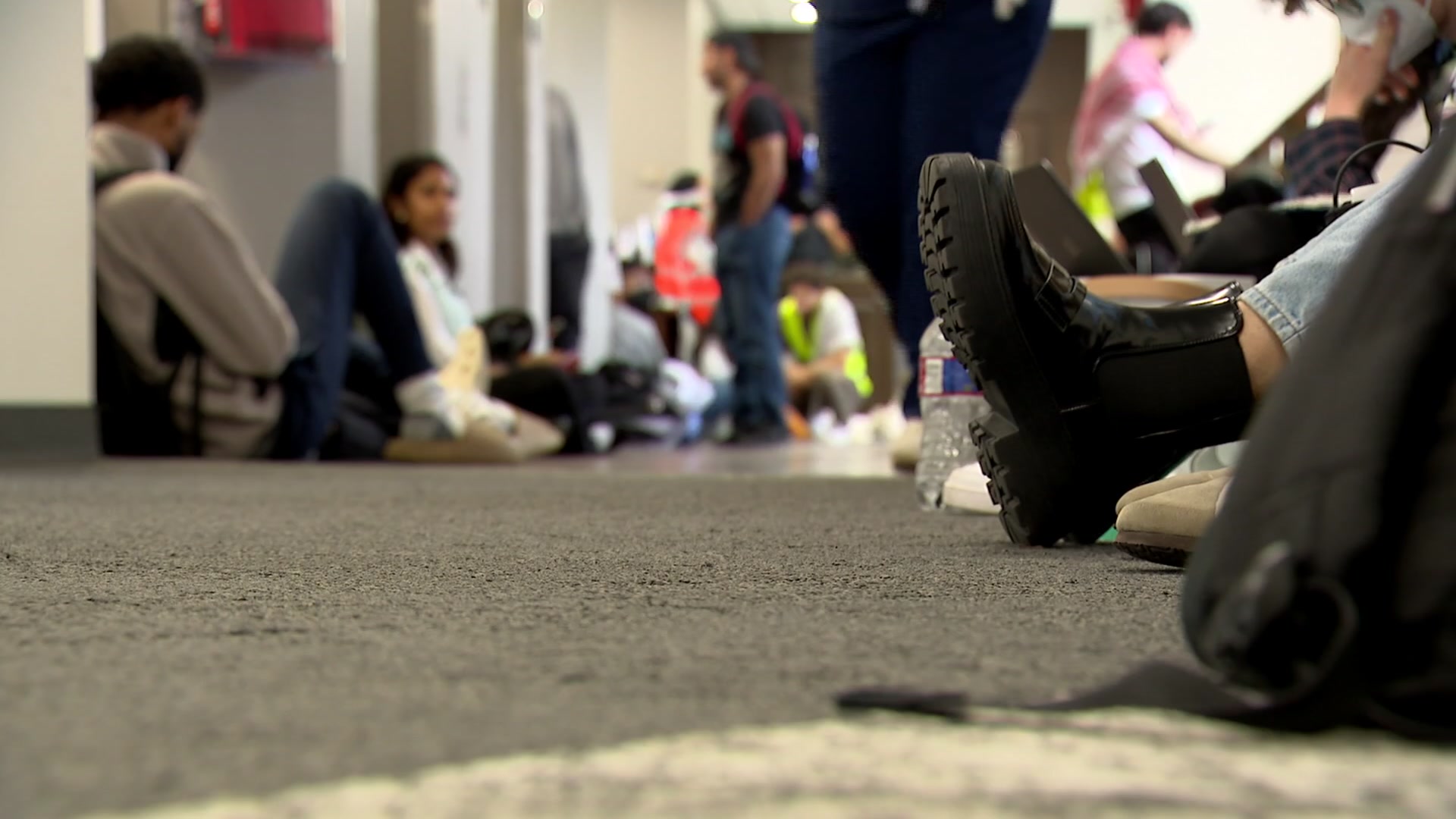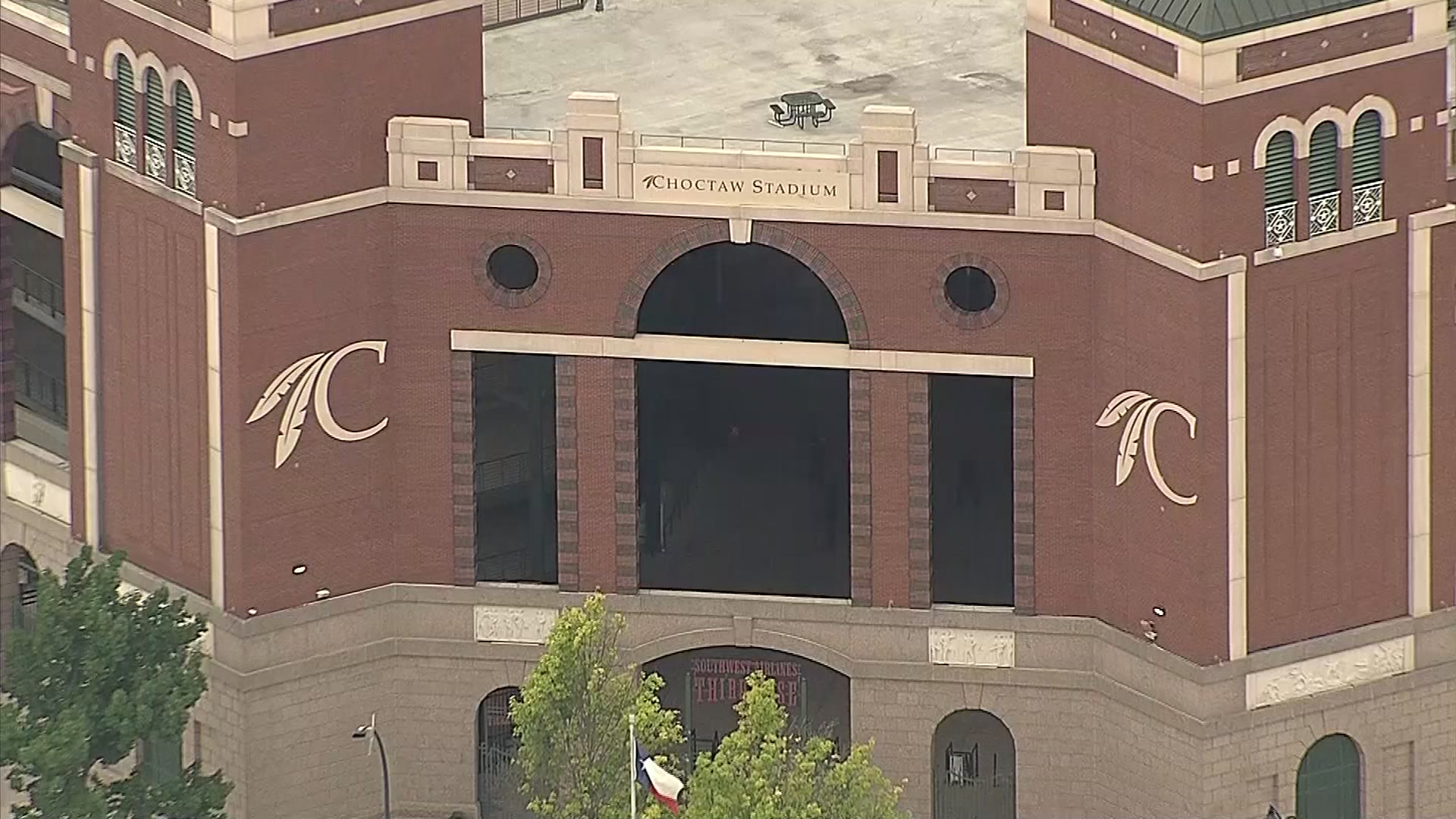The coronavirus pandemic has further exacerbated the “digital divide” between much of the City of Dallas and the largely poor and predominately minority – African American and Hispanic - area of southern Dallas, according to multiple city leaders.
During a city council committee hearing on Monday, members of the Workforce, Education, and Equity Committee were briefed on equitable access to healthcare and information during the ongoing pandemic.
People who live in southern Dallas disproportionately suffer from disparities that negatively impact their ability to thrive, according to the committee report.
For example, 47,129 households have no access to a vehicle, which limits the ability of the people in that house to get access to healthcare and testing. And 91,370 households in Dallas have no access to the internet, according to the report.
“While citywide, these issues are disproportionately concentrated in households of color on the southern side of the city,” the report noted.
A map created for the report highlights the stark differences between southern Dallas and the rest of the city with respect to internet access.
The darkest shaded zip codes represent areas where at least 26.13% of the homes had no internet access, according to Census data gathered between 2014 and 2018.
Local
The latest news from around North Texas.
Nearly all of the darkest-shaded zip codes are south of Downtown Dallas.
One council member in particular, Lee Kleinman, who represents council District 11, which comprises an area of northern Dallas that straddles I-635 and is primarily located between the Dallas North Tollway on the west side and US-75 on the east side, took great issue with the lack of internet access in southern Dallas, and its impact on students, for example, who would likely struggle as a result to do their distance learning during the shutdown.
Kleinman challenged AT&T, based in Downtown Dallas and the largest employer in the city’s business district, to fix the problem.
“It’s a shame that the city that hosts the largest communications company in the world, AT&T, the largest communications company in the world, has a digital divide like we do in the city,” Kleinman said during an exchange with other members of the committee.
“We need to call them out and shame them into providing services.”
In response to council member Kleinman, a spokesperson for AT&T noted that the company has deployed more internet fiber per capita in South Dallas than it has across the rest of the Dallas-Fort Worth area.
“More than 51% of households in our internet service footprint in the DFW area have access to fiber, and if you narrow that to South Dallas, the number is actually much higher at 70%,” said Jim Kimberly, a spokesperson for AT&T.
“In 2017, we announced we had more than doubled the number of locations where fiber was available in South Dallas to more than 50,000, and since then we’ve more than doubled that again to nearly 130,000.”
“Our investment decisions are based on the capacity needs of our network, demand for our services and budget,” Kimberly said.



